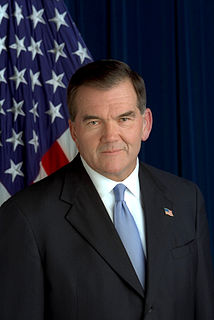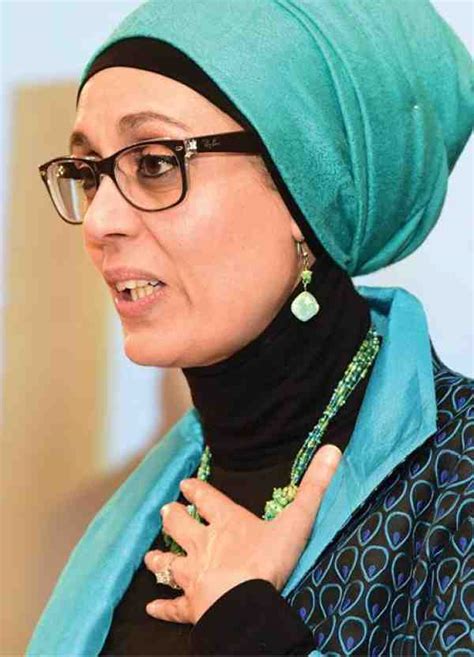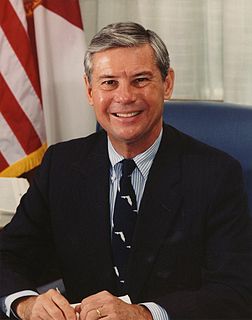A Quote by Michael Scheuer
We have not destroyed al Qaeda, so we still have that to worry about. We have its traditional allies, the Kashmiri groups, the groups that are operating now in Iraq, and now we have a third tier of threat amongst the Muslims that live in the West and who are inspired to do something against the West by the example of the other two tiers.
Related Quotes
In terms of Iraq, al Qaeda valued Iraq because we destroyed a government it wanted destroyed and because we put soldiers on the ground and forces that they could attack. Al Qaeda is basically an insurgent organization that was formed on the model of the Afghan groups. And being bred in that war, they value a contiguous safe haven as much as anything else.
Remember back then we thought about al Qaeda in Afghanistan and Pakistan and a few other places? well, we've seen al Qaeda metastasize. It is now a global scourge. And you have the ascendancy of ISIL. The combination of those two groups -- their appeal to the lone wolfs and we see them acting in Belgium and in France and in Canada and the United States so the threat factors and the nature of the threats are far more complicated and far more serious today than on September 12, 2001.
Some Pakistanis fought for the Taliban. Pakistani extremist groups provided infrastructural support to Al Qaeda. There was a coming and going of Al Qaeda militants and leaders between Afghanistan and Pakistan for several years. All that has really happened is that Al Qaeda has escaped from Afghanistan come into Pakistan, got in touch with their contacts and friends in these extremist groups, which then provided them with safe houses, cars, and not just in the border areas but also in the cities. Rooting out Al Qaeda in Pakistan now is where the main battle is being fought.
The fact that there are now many entities that may have some loose affiliation with a former core Al Qaeda - or who have decided to fashion themselves as an affiliate or follower in the Al Qaeda jihadist tradition - as well as groups that are just inspired by the concept that they could also be the perpetrators of mass killing, means that there is a spectrum of threats.
People have been fed misinformation. The fact is that the fighting that is going on on the ground in Syria is with Al Qaeda, with Jabhat al Nusra, with Daesh. The pockets, small pockets, of other groups are usually surrounded by these various extremist groups. . . . Once they stop fighting, there is nothing for the Syrian government to hit other than the terrorist organizations.
The fact that Western Muslims are free means that they can have enormous impact. But it would be wrong to claim that we are imposing our ways on the West. New ideas are now coming from the West. To be traditional is not so much a question of protecting ourselves as to be traditionalist in principle.
The west is very concerned and actually afraid because the media is not informing them. There are too many moderate Muslims who are trying to whitewash the fears and concerns of the West. It's time for us to face reality - nobody is against Muslims. When I'm speaking about this situation, it's about Islamic doctrine. Islamic doctrine promotes violence and hatred against non Muslims. 60% of the Koran is dedicated to cursing and spreading hatred and violence against non-Muslims who are called 'Kaffir'.
I do not think there is such a thing as a "clash of civilizations." When I say that Muslims as Muslims cannot be represented in the West, I was being ironic, and also referring to the fact that ninety percent of the time when people talk about "the problem of Muslims" in the West, it is to complain about the fact that Muslims have not "integrated."



































